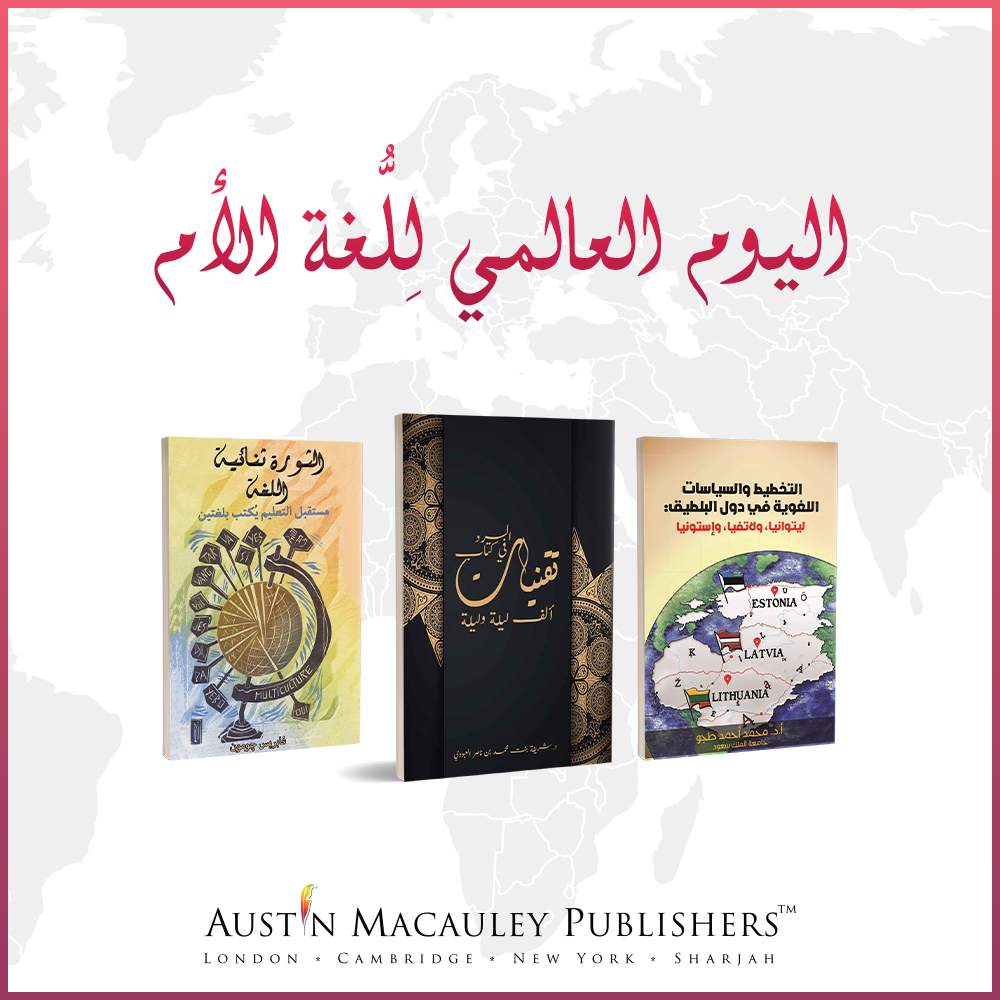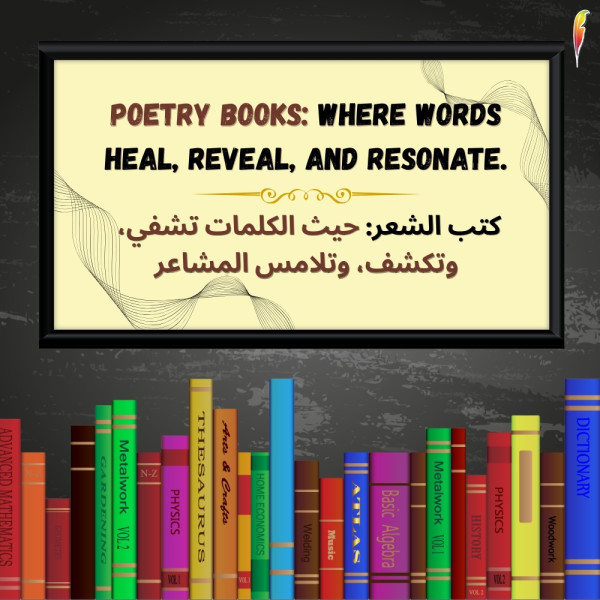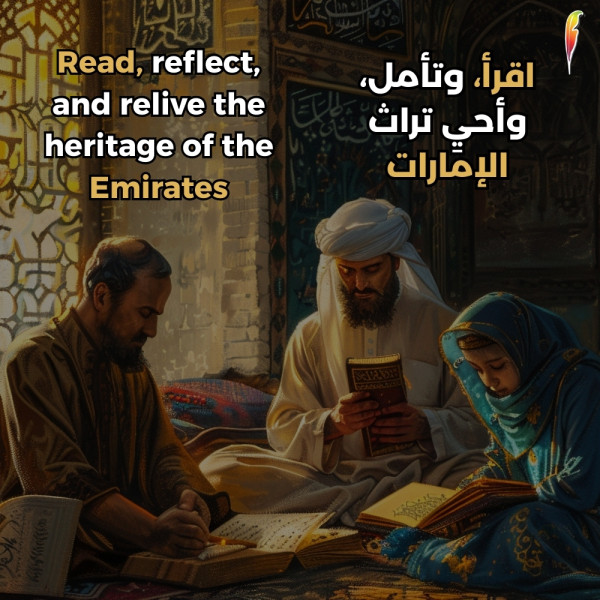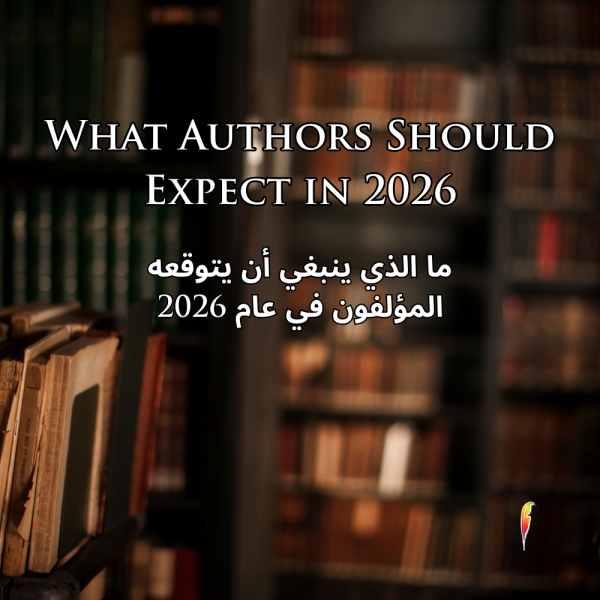
On the occasion of International Mother Language Day, February 21
International Mother Language Day falls on the twenty-first of February. It is a day to celebrate the mother language of peoples. This day was designated by UNESCO in the year 2000. The aim of this annual celebration is to enhance awareness of linguistic and cultural diversity in the world.
The idea of celebrating this day came at the initiative of Bangladesh, and it was approved by UNESCO in 1999, but it has been adopted and celebrated since the year 2000, and the 21st of February was chosen because of its importance in the struggle of the people of Bangladesh for recognition of their language.
UNESCO is keen to protect multiple and different languages from extinction by adopting this day, as well as many initiatives.
The Oxford Dictionary defines the term mother tongue as: “the language spoken by a person since childhood.”
The term mother language is used to refer to the first language that a child learns and in which he can express himself. Calling it this term (the mother language) is a metaphor considering that the mother is the first thing the child knows.
It is worth noting that the world has diverse cultures and languages, and we must respect this diversity and accept differences, as the noble verse states:
(O people, we created you from a male and a female, made you into peoples and tribes that you may know each other. Indeed, the most honourable of you in the sight of God is the most pious of you, God is All-Knowing).
Language plays an important role in determining the course of peoples. It is a tool that helps them express their feelings, desires, and questions. Language is one of the most important blessings that distinguish humans from other creatures. It also plays an effective role in developing the human personality.
In our Arab region, the Arabic language is considered the mother language. Because it is the original language of all Arab countries, and the mother language symbolizes the authenticity of identity, and it is a basic pillar of societies.
The United Arab Emirates is one of the leading countries in its pioneering initiative to preserve the heritage of the Arabic language (the mother language) and enhance its status.
The state attaches great importance to the Dhad language as it is the language of progress, development and thought, and an integral part of the identity of the United Arab Emirates.
The Arabic language is a major tool for strengthening our national identity for our future generations. Because it expresses our values, culture, and historical distinction.
- Sheikh Mohammed bin Rashid Al Maktoum
There are many initiatives proposed by the state, perhaps the most famous of which are the Arab Reading Challenge Initiative, the Mohammed bin Rashid Award for the Arabic Language, and other initiatives that aim to enhance the status of the Arabic language.
If you talk to a man in a language he understands, your words go to his head. If you talk to him in his language, your words go to his heart.
- Nelson Mandela
Language is a reason for familiarity between people and increased tolerance. It is a means of communication and dialogue, and a way to build a better future for societies.
At Austin Macauley Publishers, we know the value of preserving linguistic diversity and the importance of language in the lives of our communities; Therefore, we have provided the best publications for readers about the language and its importance, and we will recommend the best books to you, wishing you full benefit from them:
1- Narration techniques in the book One Thousand and One Nights by Dr. Sharifa bint Mohammed bin Nasser Al-Aboudi
This book presents the history of the Book of One Thousand and One Nights for discussion, and shows the extent of its influence on the best Western writers after the book was translated in the early nineteenth century. It also discusses the reliability and closeness of the translation to the original text.
The book provides a comprehensive explanation of what a story is about and an explanation of its various techniques.
You can get a copy of this wonderful book here.
2- The Bilingual Revolution by Fabrice Jomon
“The Godfather of Language Inclusion Programs” was named by the New York Times in 2014 by Fabrice Jomont, who has more than twenty-five years of experience in international education.
During his years of experience, his focus was on developing multilingual programs, and he contributed to developing bilingual programs in public schools in more than one country.
This book is a practical educational book to help develop the child, the school and the country.
You can get a copy of the book here.
3- Linguistic planning and policies in the Baltic countries: Lithuania, Latvia, and Estonia, by author A. Dr. Muhammad Ahmed Tajo
It is one of the best books that talks about languages. It also presents the experiences of linguistic planning that were applied in the Baltic countries, and explains how these countries dealt with minorities and foreign languages.
It also presents a proposal to benefit from the experiences of these countries to plan for the Arabic language and Arabization.
You can get a copy of the book here.
If you are an aspiring writer and would like to publish your book with us, you can submit the manuscript from here. You can also follow our latest releases and events through our social networks Facebook, X, and Instagram.
We use cookies on this site to enhance your user experience and for marketing purposes.
By clicking any link on this page you are giving your consent for us to set cookies



